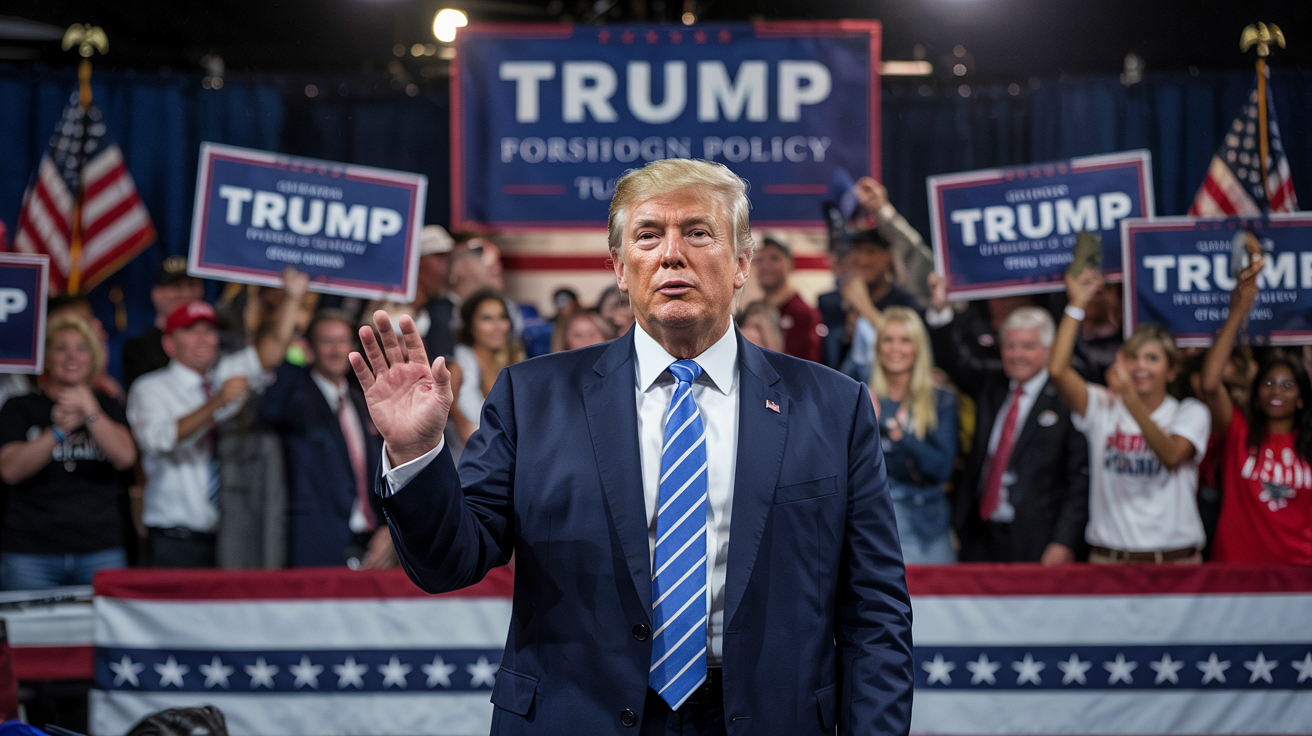Trump Wants American Criminals Jailed Abroad: Bold New Foreign Prison Plan Sparks Outrage after former President Donald Trump announced his support for transferring American criminals—especially gang-related offenders—to foreign prisons like those in El Salvador. This controversial plan is fueling legal, political, and ethical debates across the United States.
Understanding Trump’s Proposal: What Was Actually Said?
In a Time Magazine interview, Trump floated a proposal that would involve deporting American criminals—especially those with gang affiliations—to serve sentences in other countries.
He specifically referenced El Salvador’s high-security prisons, saying:
“We would drop them right into the middle of their own countries… I hear they have nice jails.”
This isn’t just about immigration—it’s a radical shift in U.S. criminal justice policy, with massive legal and diplomatic consequences.
Legal and Constitutional Challenges to the Plan
Sending American citizens to foreign prisons without trial or consent violates multiple legal protections:
| Legal Concern | Details |
|---|---|
| Due Process Violation | U.S. citizens must be tried and punished under U.S. law. |
| Cruel and Unusual Punishment | Foreign prisons may violate Eighth Amendment protections. |
| International Law Conflicts | Deporting citizens to another country for incarceration may violate international treaties. |
Legal experts have already signaled that such a move would likely face immediate legal challenges in U.S. courts.
Why El Salvador’s Prisons Are at the Center
Trump specifically mentioned El Salvador’s mega-prison, a 40,000-capacity facility used to hold alleged gang members. This prison has gained international attention for its ultra-strict design, mass detentions, and harsh discipline.
The Salvadoran model, praised by some conservatives, has also been criticized for:
- Lack of due process for detainees
- Overcrowding and inhumane conditions
- Human rights violations (according to Amnesty International)
Criminals Jailed Abroad, Supporters vs. Critics
Trump’s foreign prison plan has caused a deep divide in American public opinion. Here’s a clear breakdown of where different groups stand:
| Group | Reaction |
|---|---|
| Conservative Supporters | Applaud as a strong anti-crime measure |
| Democratic Lawmakers | Call it unconstitutional and dangerous |
| Legal Scholars | Say it’s unworkable and illegal |
| Human Rights Groups | Strongly oppose due to humanitarian concerns |
Media Coverage and Credible Source Link
This policy has already been widely covered in mainstream U.S. media.
Will This Policy Ever Be Enforced?
At this stage, Trump’s foreign prison proposal is a political idea—not a government policy. However, if re-elected, and if Congress were to cooperate, he could attempt to formalize this plan. But:
- Federal courts would likely block it quickly.
- Diplomatic backlash from foreign nations is expected.
- Logistical and ethical concerns make implementation nearly impossible.
The plan is gaining attention—but not likely legal ground.
Final Thoughts: A Strategy or a Distraction?
This foreign prison idea may serve more as a political strategy than a serious policy proposal. It plays well with certain voter bases that prioritize strict punishment and immigration reform, but it’s unlikely to pass legal hurdles.
That said, this move reinforces Trump’s image as someone who’s willing to break norms—whether legally, politically, or morally.
Key Points at a Glance:
| Aspect | Details |
|---|---|
| Proposal | Send U.S. criminals to foreign prisons (e.g., El Salvador) |
| Legal Challenges | Violates due process, 8th Amendment, and possibly international law |
| Foreign Prison Model | Inspired by El Salvador’s mega-prison known for mass detentions |
| Public Response | Divided—strong support among conservatives, sharp opposition from others |
| Implementation Likely? | Very unlikely due to legal, diplomatic, and ethical hurdles |





